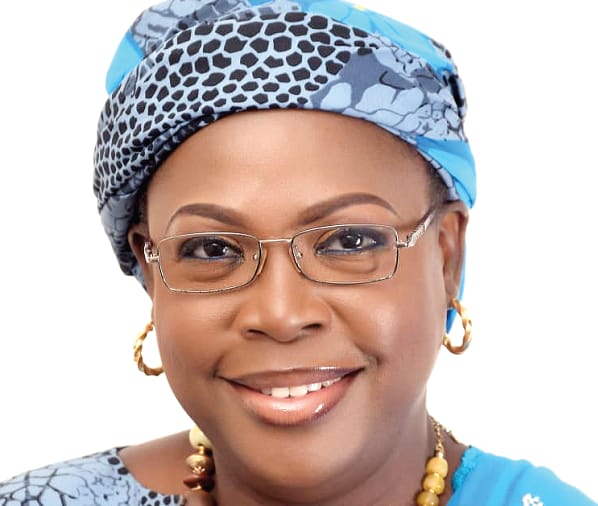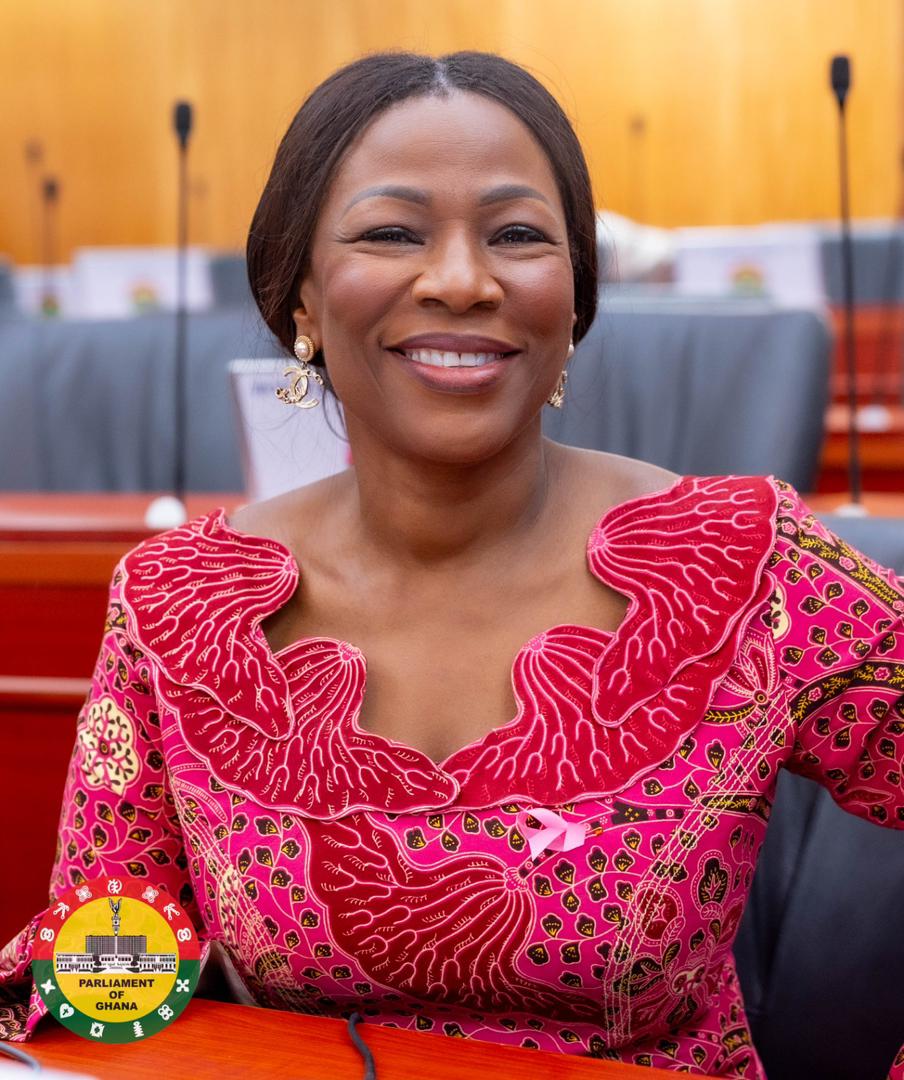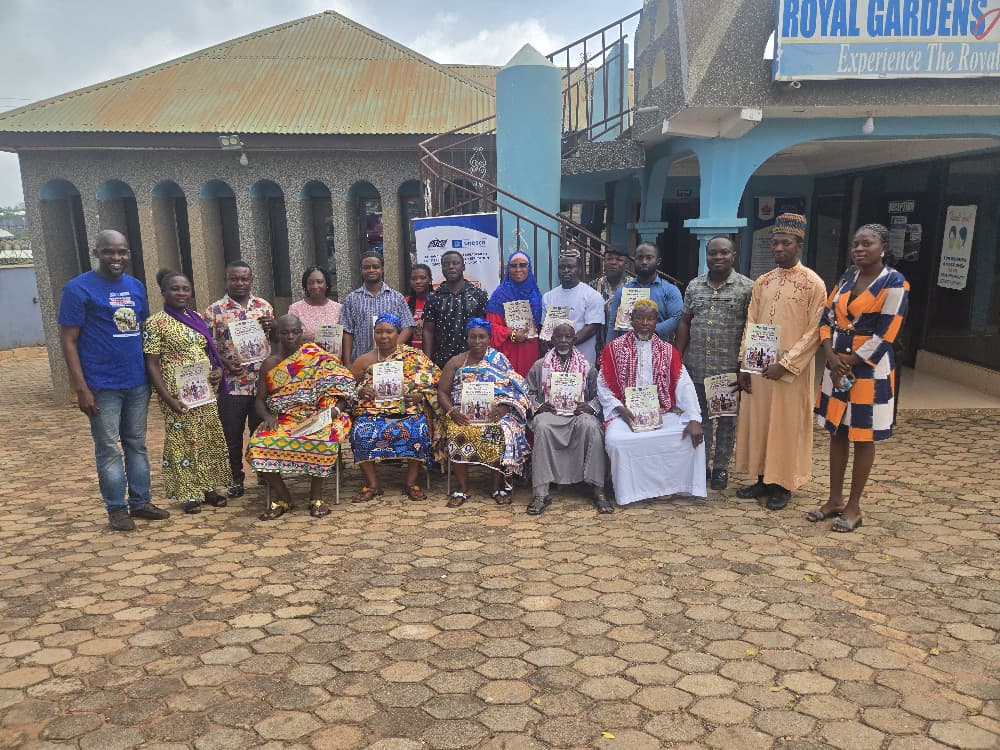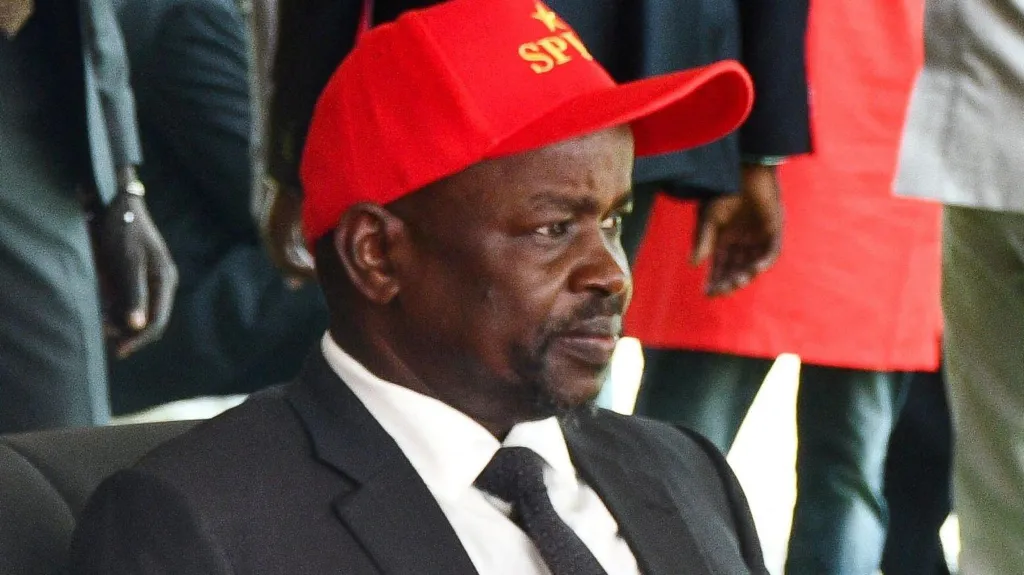The Minority Leader in parliament, Dr. Cassiel Ato Forson, has revealed that biggest economic threat facing Ghana is the country’s debt to the energy sector.
Dr. Ato Forson addressing the House explained that, should the NPP government fails to settle its debt, it can lead to a complete collapse of the nation’s economy.
The Minority Leader underscored the implications of the energy sector debt on Ghana’s financial stability, economic growth, and public finances, calling for urgent action to address this pressing issue as he stated that government’s outstanding obligations to the Independent Power Producers (IPPs) amounts to over $1.5 million.
By drawing attention to the significant debt owed to IPPs, Dr. Cassiel Ato Forson aims to raise awareness about the challenges facing Ghana’s energy sector, including the impact on power generation, supply reliability, and financial sustainability.
Addressing President Akufo-Addo’s 2024 State of the Nation Address on Monday, March 11, the leader of the NDC Caucus in Parliament stressed the urgent need for action to prevent any further deterioration in the situation.
As Ghana grapples with the financial burden of its energy sector debt, it is essential for policymakers, regulators, and stakeholders to collaborate in addressing the root causes of the problem, improving financial management practices, and enhancing transparency and accountability in the energy sector. By prioritizing debt resolution, payment obligations, and contractual agreements with IPPs, the government can restore investor confidence, stimulate private sector participation, and promote sustainable energy development in Ghana.
In advocating for debt sustainability and financial responsibility in the energy sector, Dr. Cassiel Ato Forson emphasizes the need for prudent fiscal management, effective governance, and policy reforms to address structural deficiencies, inefficiencies, and challenges in the sector. By promoting dialogue, cooperation, and accountability, stakeholders can work together to find viable solutions, strengthen regulatory frameworks, and promote long-term financial viability and sustainability in Ghana’s energy industry.






